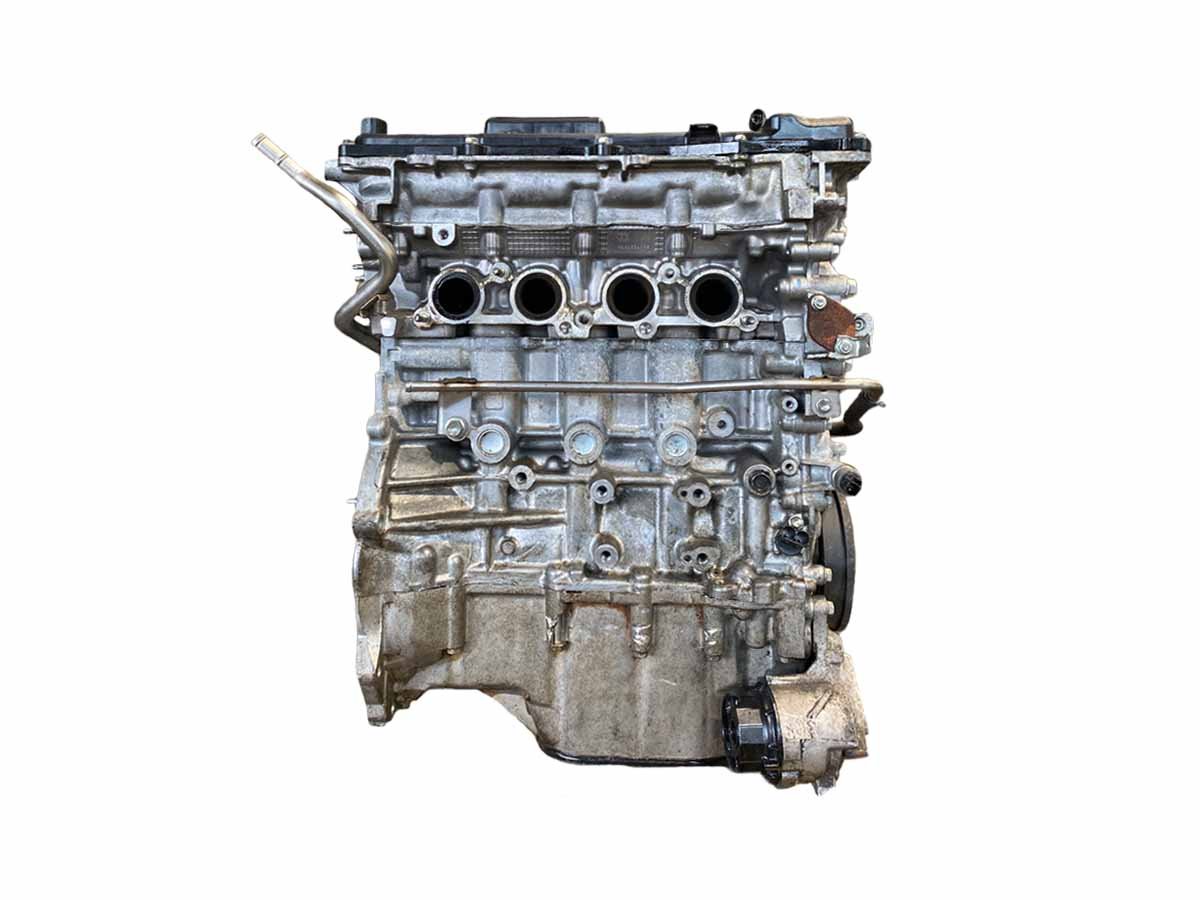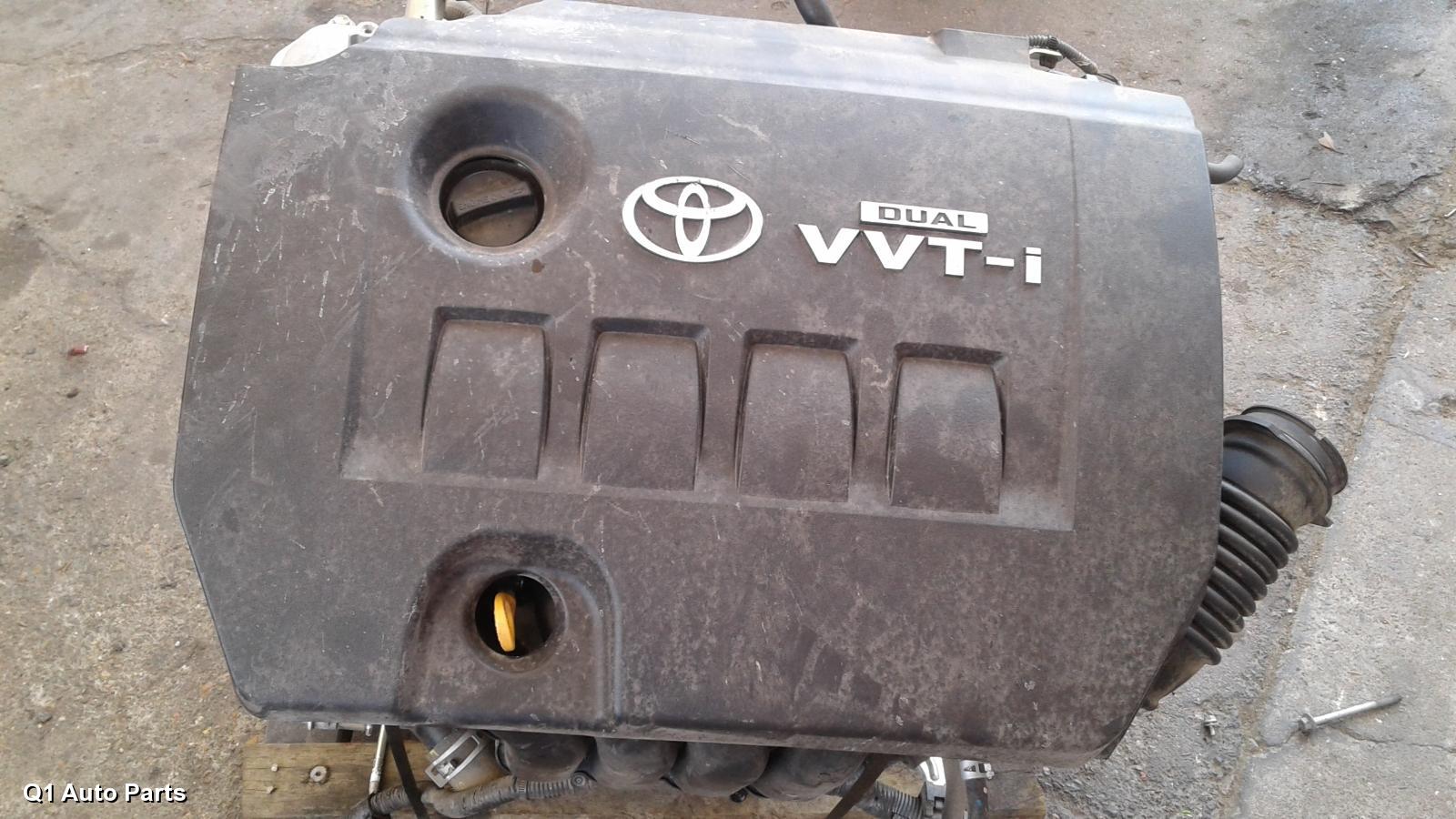Find out Why the Toyota RunX RSI Is a Popular Selection Amongst Compact Cars
Find out Why the Toyota RunX RSI Is a Popular Selection Amongst Compact Cars
Blog Article
Explore High Quality and Value: Your Overview to Acquiring a 2nd Hand Engine
When considering the purchase of a second-hand engine, comprehending the detailed equilibrium in between high quality and value is critical. A complete analysis of engine reliability, history, and condition is vital to ensure an audio investment. By conducting proper examinations and research, prospective customers can navigate the complexities of the marketplace better. Nevertheless, the nuances of service warranty choices and pricing approaches can considerably influence the overall decision-making process. As you consider these variables, one concern remains: what particular elements will eventually lead your choice in this essential investment?
Comprehending Engine Types
When taking into consideration the acquisition of a second-hand engine, understanding of the various engine kinds is crucial for making a notified decision. Engines can generally be categorized into two major types: internal burning engines and electric engines. Interior burning engines, which consist of gasoline and diesel variations, rely upon the burning of fuel to produce power. Gas engines are generally lighter and rev greater, making them ideal for efficiency automobiles, while diesel motor are renowned for their torque and gas performance, frequently favored in sturdy applications.
On the various other hand, electric engines use electricity stored in batteries to power the vehicle, using a cleaner alternative with less relocating parts and decreased upkeep requirements. Within these classifications, there are additionally differences, such as two-stroke versus four-stroke interior combustion engines, and various electric motor configurations.
Understanding these differences is critical, as they impact efficiency, compatibility with existing lorry systems, and long-lasting operational expenses. By acquainting oneself with the numerous sorts of engines available, prospective customers can better examine their requirements and choose that line up with their automobile's requirements and their individual preferences.

Evaluating Engine Condition
A complete evaluation of engine condition is extremely important for anybody considering the purchase of a pre-owned engine. Begin with an aesthetic inspection; check for indications of oil leaks, corrosion, or any type of physical damage to the engine block. A clean engine is typically a measure of excellent upkeep practices, while excessive gunk might recommend forget.
Next, assess the engine's parts, consisting of the timing belt, gaskets, and seals. Look for damage, as these components can be costly to replace. In addition, check out the engine mounts, as harmed places might cause vibrations and more mechanical issues.
A compression test is necessary to assess inner engine health. Consistent compression throughout all cylinders indicates a properly maintained engine, whereas significant inconsistencies might aim to interior damages or wear.
Listening to the engine throughout a start-up can offer useful understandings; any type of unusual noises, such as rattling or knocking, might recommend much deeper concerns. If feasible, demand a test run to assess efficiency under tons. By carefully analyzing these elements, prospective customers can make enlightened choices and safeguard a quality second-hand engine.
Checking Engine History
Understanding the engine's background is essential for making an educated purchase. Expertise of previous usage, maintenance records, and any previous damages can considerably influence the engine's dependability and long life. Start by requesting the car identification number (VIN) or engine identification number, which enables you to trace the engine's background.
Make use of available sources, such as Carfax or AutoCheck, to acquire a vehicle background report. This record will supply important understandings, including accident history, solution records, and previous ownership information. Toyota RunX RSI. Pay specific focus to any kind of indicators of serious damages or duplicated repairs, which may show underlying problems
Ask about upkeep routines executed on the engine. Normal oil modifications, timing belt replacements, and various other safety nets mirror accountable ownership. Furthermore, ask if the engine has gone through any kind of alterations, as non-standard changes can influence performance and compatibility with your automobile.
Lastly, when possible, seek verification from a relied on auto mechanic that can examine the engine's condition based on its history (Toyota RunX RSI). This comprehensive investigation will certainly aid you prevent prospective challenges and ensure that your financial investment is rewarding and audio
Guarantee and Return Plans
Investing in a pre-owned engine usually comes with differing warranty and return plans that can substantially impact your decision. When considering a made use of engine, it is important to completely evaluate the service warranty options supplied by the seller. Some suppliers might offer restricted warranties that cover specific elements for a defined period, while others might give more detailed insurance coverage. Understanding the problems and terms connected to these service warranties is important, as they can influence the long-lasting worth and dependability of your acquisition.

Additionally, credible sellers typically supply paperwork that outlines the guarantee and return procedure, making sure openness. Always ask for this details prior to settling your acquisition. A distinct warranty and return policy can offer comfort and shield your investment, making it an important part of the decision-making process when getting a used engine.
Discovering the Finest Offers
When looking for the very best deals on a pre-owned engine, it is crucial to perform detailed research study and contrast rates from different sellers. Start by checking out online industries, automobile discussion forums, and regional salvage yards to collect a thorough understanding of the marketplace. Using price contrast devices can enhance this process, highlighting competitive rates throughout different systems.

Think about timing your purchase purposefully. Seasonal changes sought after can influence prices, with particular times of the year offering better deals. In addition, be open to negotiating prices; several sellers may be ready to decrease their asking rate, particularly if the engine has been provided for an extended duration.
Final Thought
In recap, buying a used engine requires a detailed assessment of high quality and worth. Evaluating engine problem through examinations and assessments, verifying its background, and recognizing guarantee and return plans are crucial steps. In addition, comparing costs throughout different vendors guarantees the most effective economic choice. By navigate to this website sticking to these guidelines, customers can improve their chances of obtaining a trustworthy engine that satisfies their needs while avoiding prospective pitfalls linked with used purchases.
When considering the acquisition of a second-hand engine, understanding of the different engine types is necessary for making an informed decision. Engines can typically be categorized right into two primary types: inner combustion engines and electrical engines. Gas engines are normally lighter and rev higher, making them appropriate for efficiency automobiles, while diesel engines are renowned for their torque and fuel effectiveness, usually preferred in heavy-duty applications.
A thorough assessment of engine problem is critical for any person considering the purchase of a pre-owned engine. Begin by asking for the automobile recognition number (VIN) or engine serial number, which permits you to map the engine's history.
Report this page